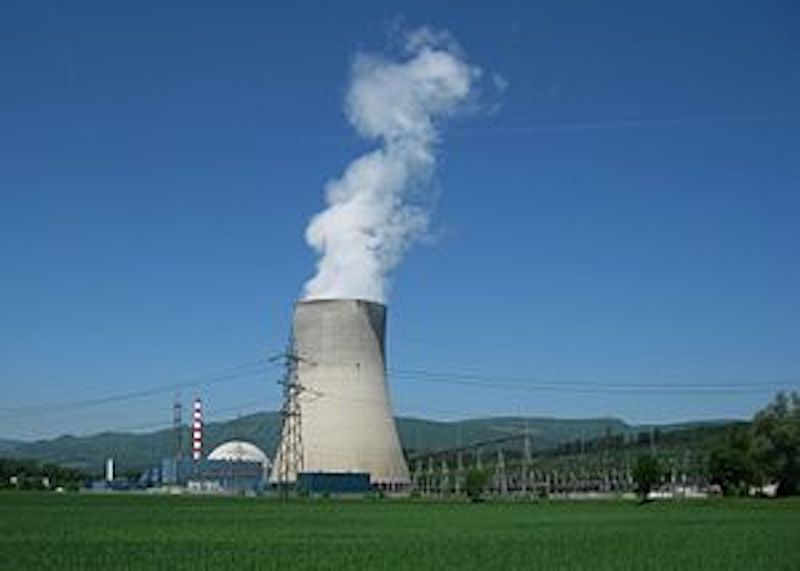Positive Effects
- Low Greenhouse Gas Emissions
Nuclear power plants produce electricity with minimal greenhouse gas emissions compared to fossil fuels. This makes it a key player in combating climate change. For instance, nuclear energy accounts for about 10% of the world’s electricity but contributes significantly less to carbon emissions than coal or natural gas.
- High Energy Density
Nuclear energy is incredibly efficient. A small amount of uranium can produce a tremendous amount of energy. This high energy density means nuclear plants require less fuel and produce more energy than traditional sources.
- Reliability
Unlike renewable energy sources like solar or wind, which depend on weather conditions, nuclear power plants provide a steady and reliable energy supply, making them vital for meeting consistent energy demands.
- Reduced Air Pollution
Besides low carbon emissions, nuclear plants don’t emit pollutants like sulfur dioxide, nitrogen oxides, or particulate matter, which are common with fossil fuel combustion.
Challenges and Risks
- Nuclear Accidents
Events like Chornobyl (1986) and Fukushima (2011) demonstrate the catastrophic potential of nuclear accidents. These incidents raise concerns about plant safety, radioactive contamination, and long-term environmental and health impacts.
- Radioactive Waste
Nuclear power generates highly radioactive waste that remains hazardous for thousands of years. Safe storage and disposal remain unresolved challenges, with debates over deep geological repositories or other solutions.
- High Costs
Building and decommissioning nuclear power plants are expensive, requiring substantial upfront investments and long-term financial commitments. This has slowed the adoption of new nuclear technologies in some regions.
- Proliferation Risks
The spread of nuclear technology raises concerns about its potential misuse for developing nuclear weapons, posing global security threats.
- Thermal Pollution
Nuclear plants use vast amounts of water for cooling, often releasing heated water back into ecosystems. This thermal pollution can disrupt aquatic habitats and biodiversity.
- As a kid, I remember receiving Iodine Pills, delivered every year to our house, because we were living within the dangerous perimeter of the nuclear plant!
Looking Ahead
Advances in nuclear technology, such as small modular reactors (SMRs) and fusion energy, promise safer, more efficient, and less waste-intensive options. However, balancing nuclear power’s potential against its risks remains a global challenge.
Key Question for the Future:
Should nuclear energy play a central role in transitioning to a sustainable energy future, or do the risks outweigh its benefits?
Your Blogging Friend Ulrich Koepf
